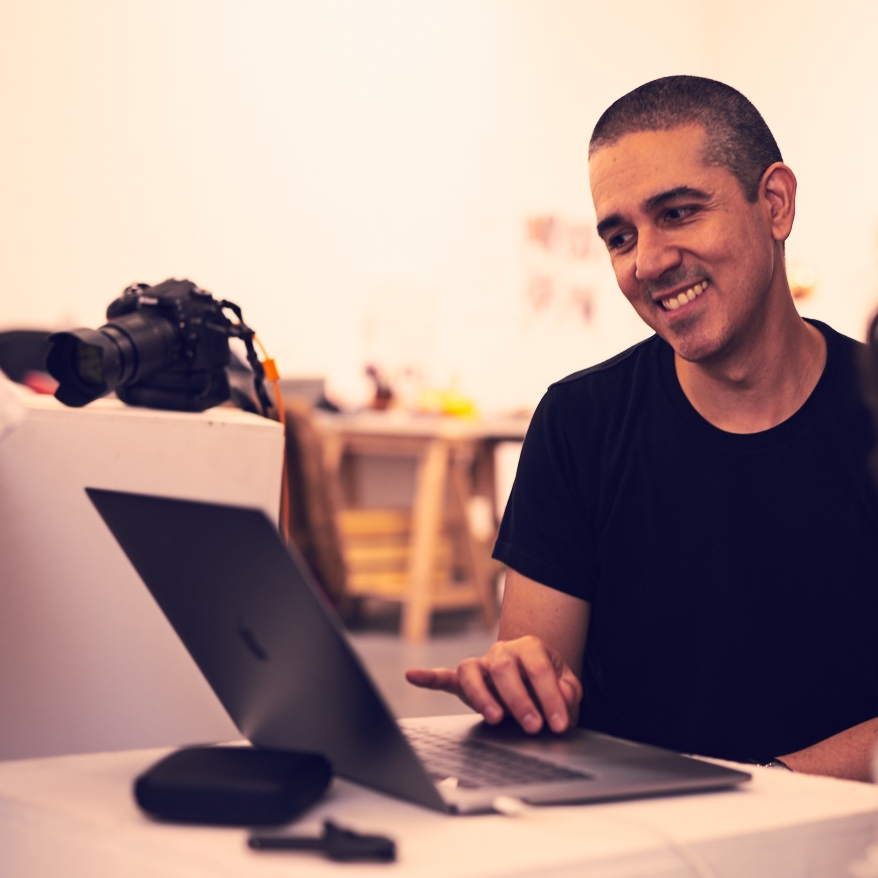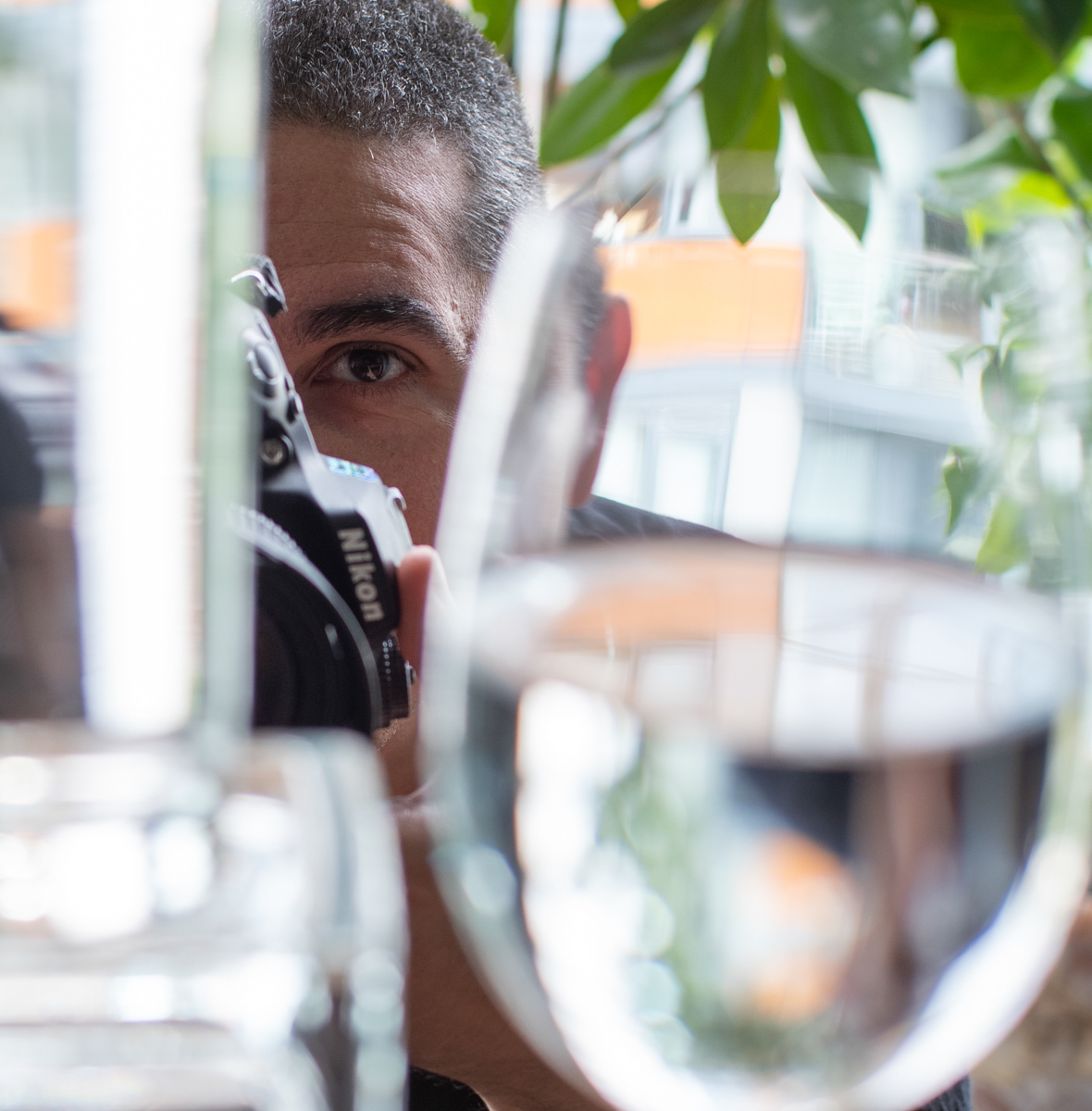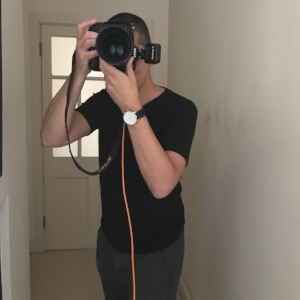We easily forget that the availability of information and technology that we enjoy today is a very recent phenomenon. Up until not so long ago, the information that we received from news outlets or educational sources was thoroughly filtered to meet the needs of those in power. Information is power, and if you want to control the people you must only let them know what you want them to know, or not let them know anything at all for that matter. An uneducated population is an easily controllable group. This has always been the strategy of regimes and religions throughout history.
A few months ago, I read somewhere (I just can’t remember where, excuse the absence of a proper bibliographical reference) that if you took a person who died in the 10th century and woke them up in the 15th century, they probably wouldn't notice much change in their surroundings. But, in comparison, if you took someone who died in the 15th century and woke them up in the 21st century they'd probably think that they woke up in a different planet.
That prompted me to think how far back in recent time could I go for someone who died back then and was woken up today to feel that they didn't recognize the world around them. And it immediately occurred to me that, in recent times, the farthest back that I could go would be just before the mobile and the internet revolution. Someone who died in 1990 and woke up today would feel like they were in a sci-fi movie.
The internet has become the nightmare of those in power who want to be able to control the people as they wish. There is so much information out there that almost no one has an excuse today for not knowing what is going on in the rest of the world. That is why the need to control its access or to produce information chaos is imperative for those who want to remain in power: Kim Jon Un in North Korea, Xi Jinping in China, Vladimir Putin in Russia, UKIP with Brexit in the UK, Yoweri Museveni in Uganda or Donald Trump in the United States, to name a few examples.
In this day and age, the most powerful tool that we have is knowledge and our most powerful weapon is our voice. The more we know about our communities, about our heritage, about local and international news, and about our history, the more we can avoid repeating the mistakes that our societies made to help put these people in power. And the more we use our voice, by expressing our opinions, by calling out those who attempt against human rights, or by voting, the more we contribute to make this a better world.
The times we are living require a less passive approach to solving the issues in the world today. Over the last 5 years, I have continuously asked myself how can I contribute to make this a better world? Not only as a person but as a business as well. I strongly believe that it is incoherent to be longing for a better world in our personal lives but then going to work and supporting the opposite of what we believe in. Our businesses, especially for freelancers, are an extension of ourselves and therefore should follow our personal ethos.
That is one of the reasons that my blog is so important for me because apart from sharing everything that I learn in my journey as a creative business owner, I also try to call attention to the issues that matter the most to me. Running a business that doesn’t contribute to making this world better doesn’t make sense anymore. It should be as mandatory as paying taxes.
Photo credits: image by Facundo Bustamante.
Do you like what you just read? Subscribe to the weekly blog posts here!


















